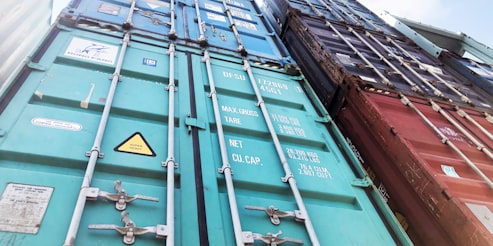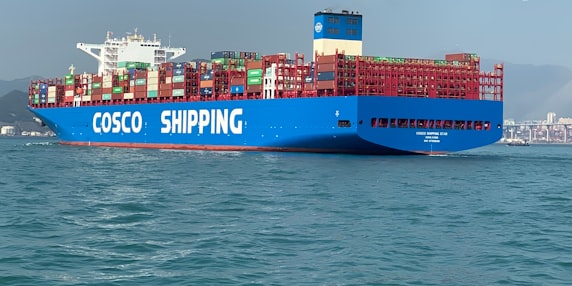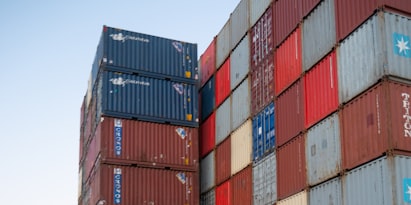
During its landmark 100th session, the IMO’s Maritime Safety Committee (MSC 100) approved revised guidelines on fatigue, which provide comprehensive information on the causes and consequences of fatigue, and the risks it poses to the safety and health of seafarers, operational safety, security and protection of the marine environment. The aim is to assist all stakeholders to contribute to the mitigation and management of fatigue.
IMO has considered the issue of fatigue for several decades,...
https://safety4sea.com/msc-100-revised-guidelines-on-fatigue-approved/







